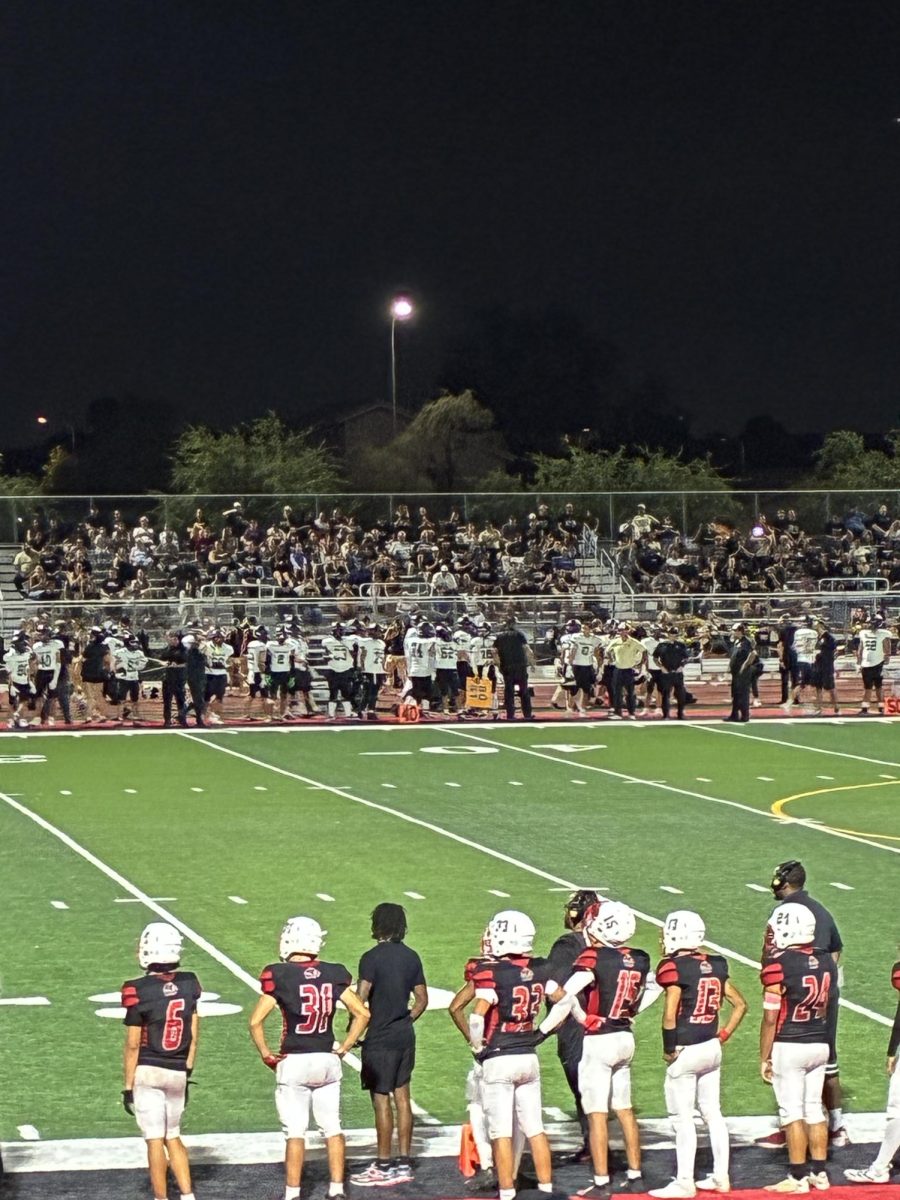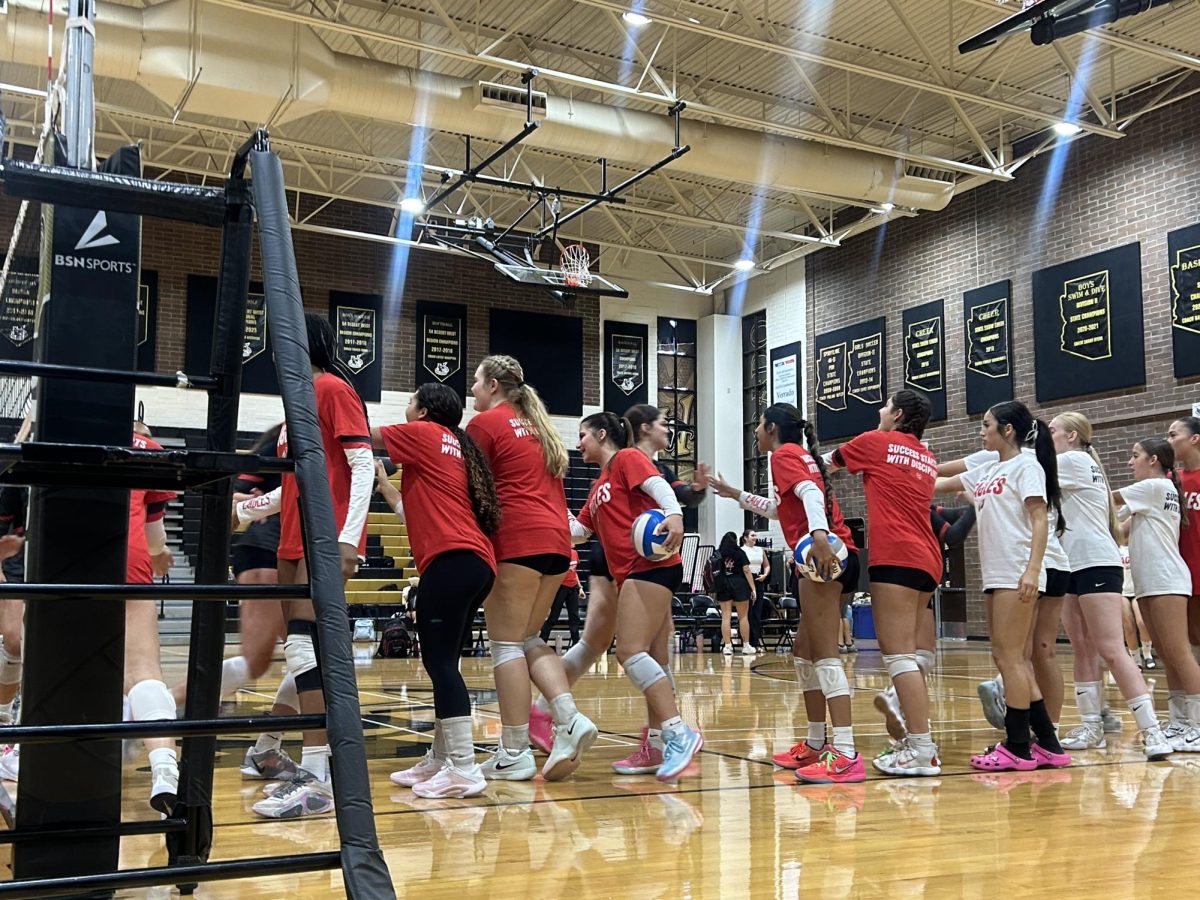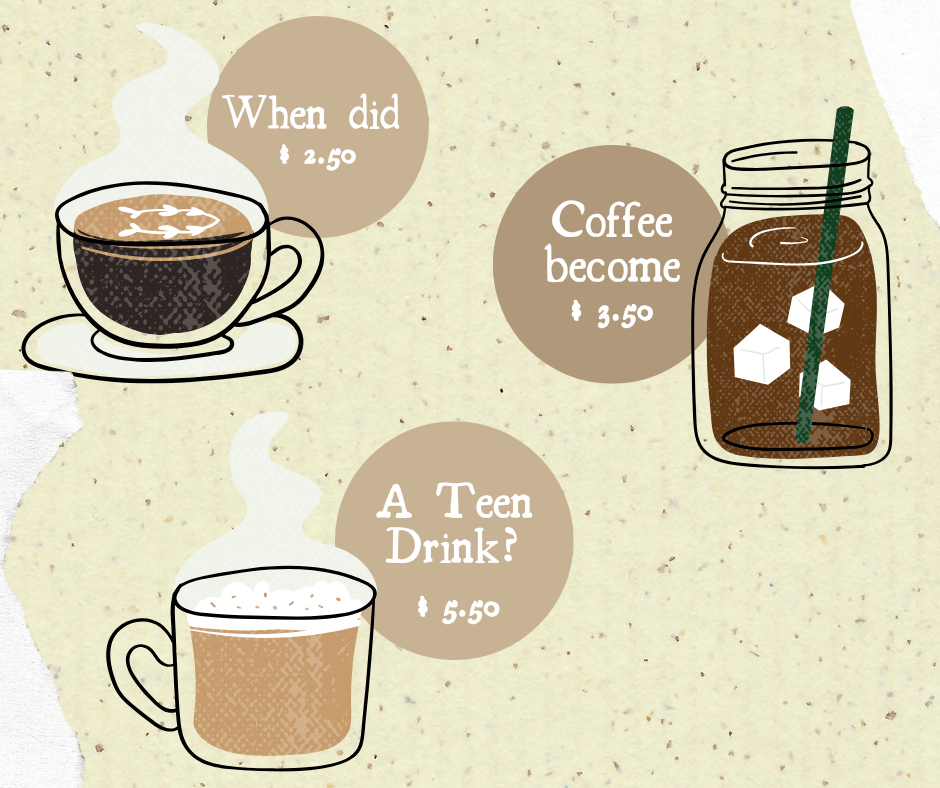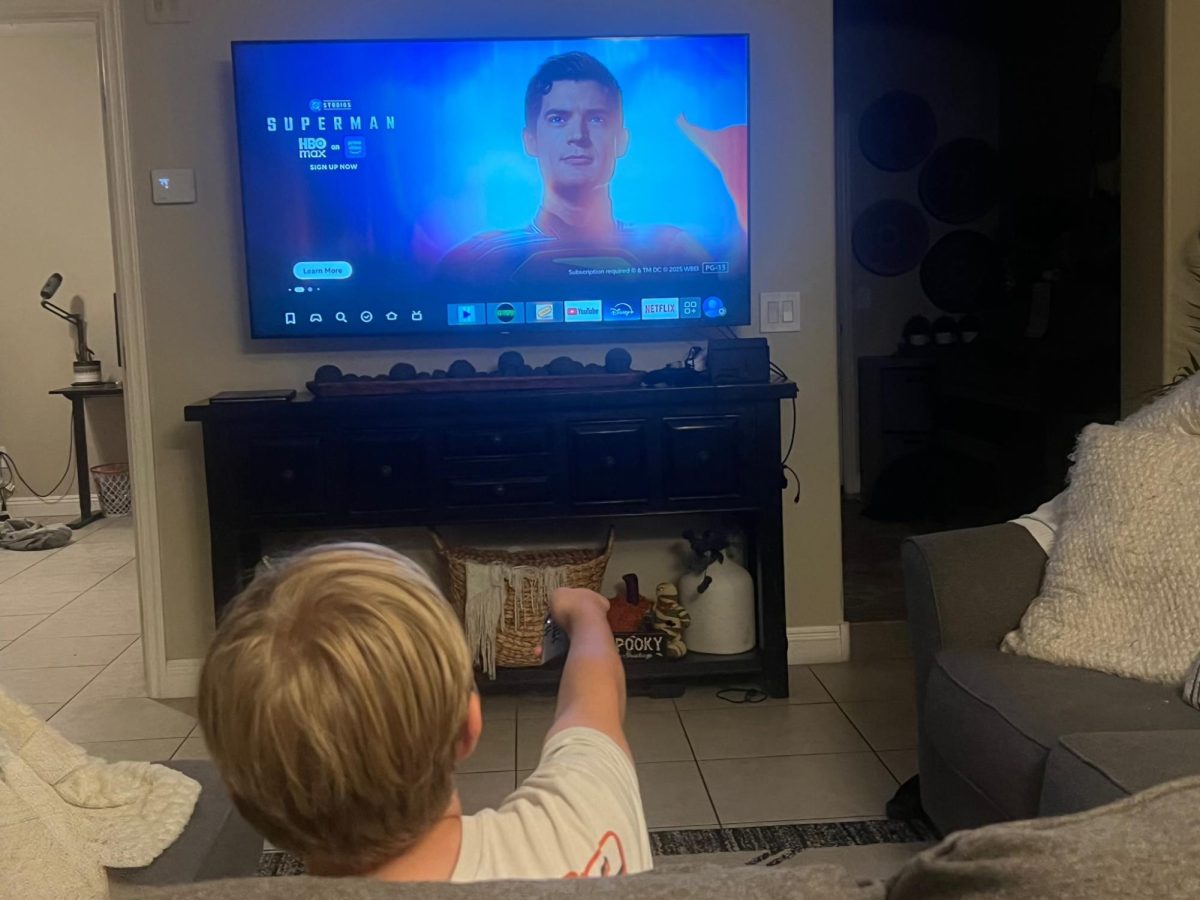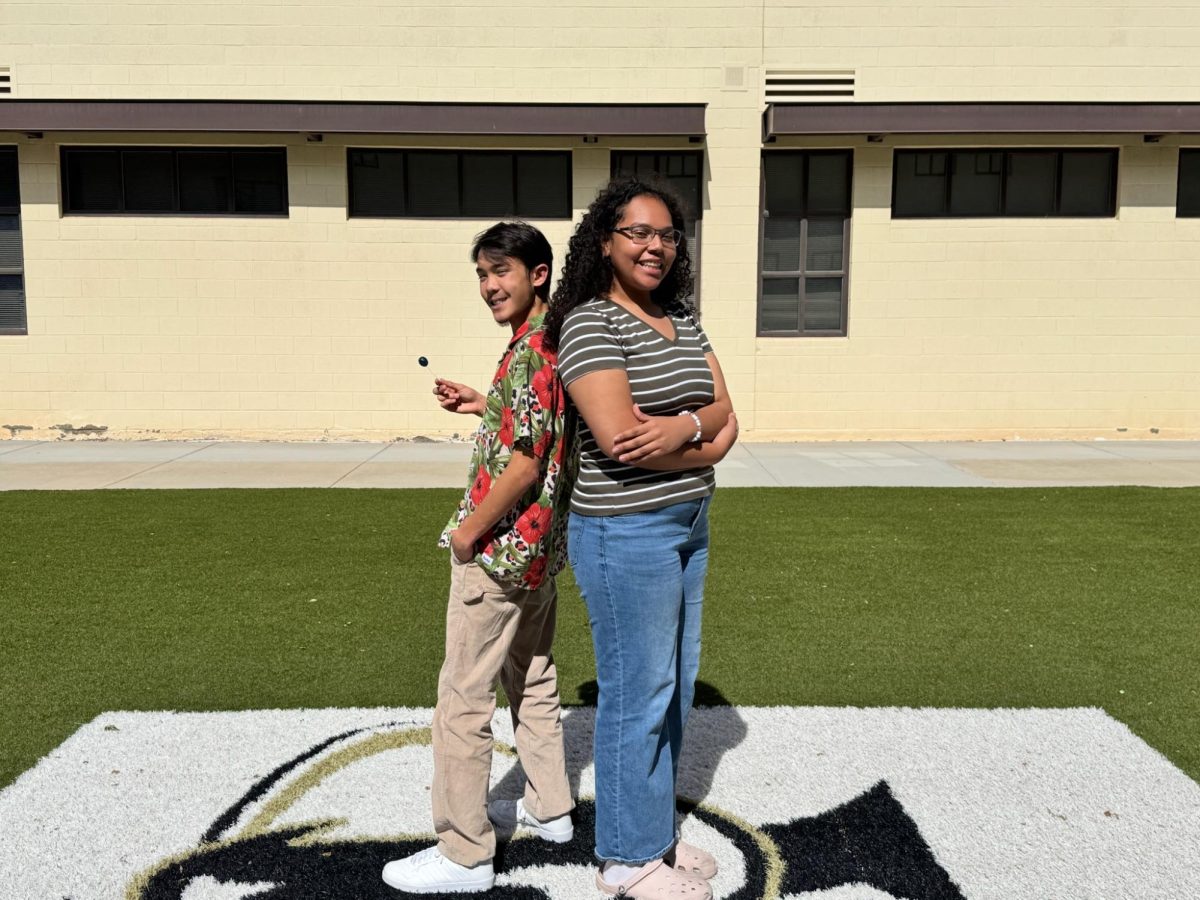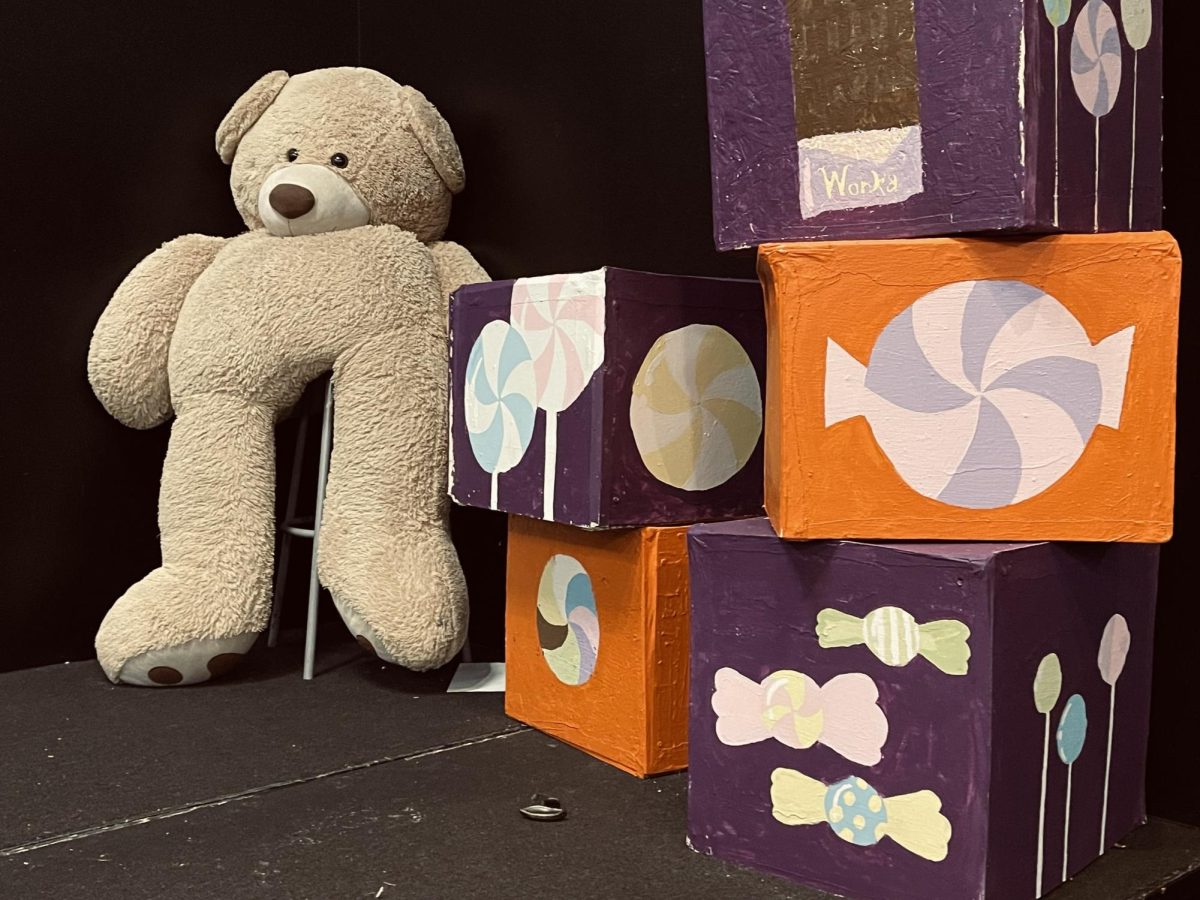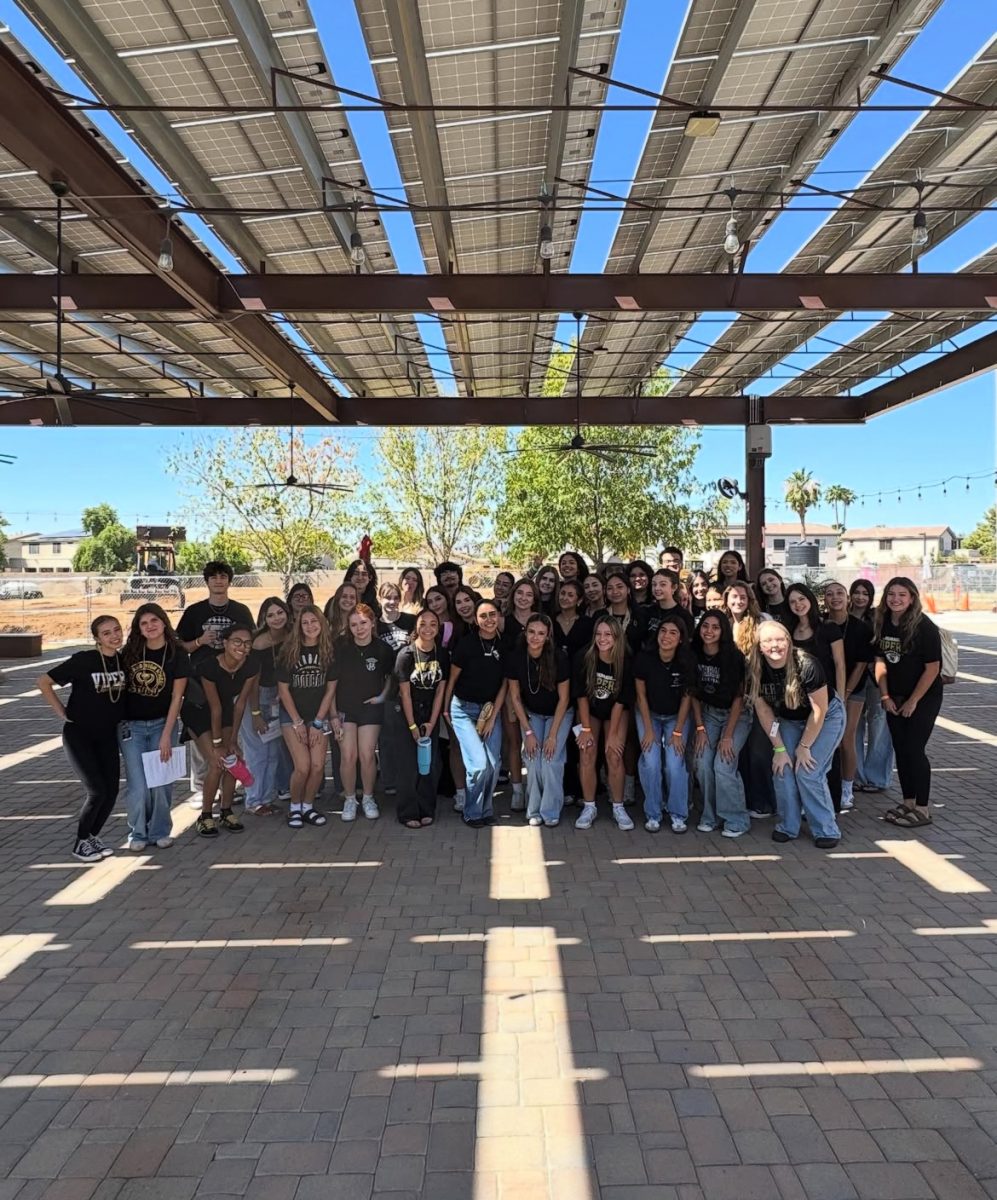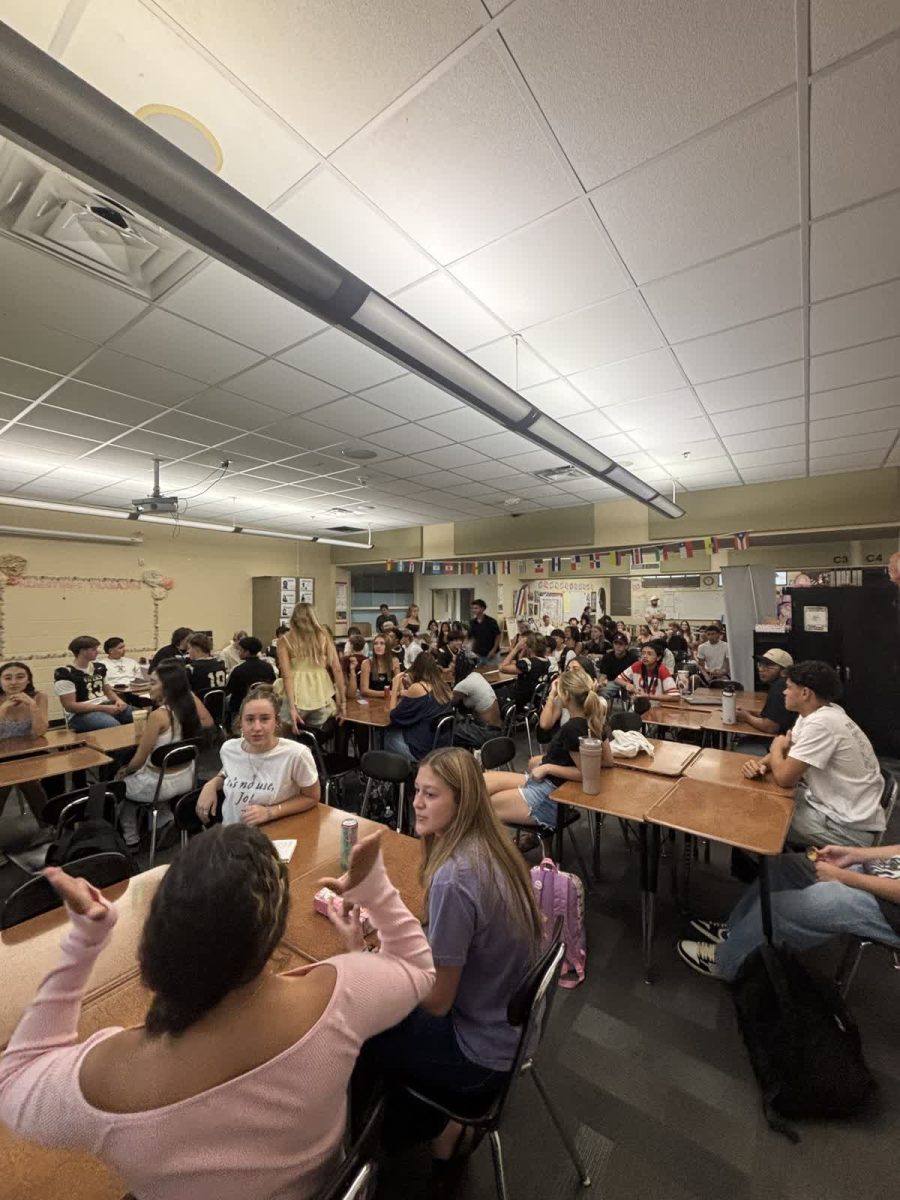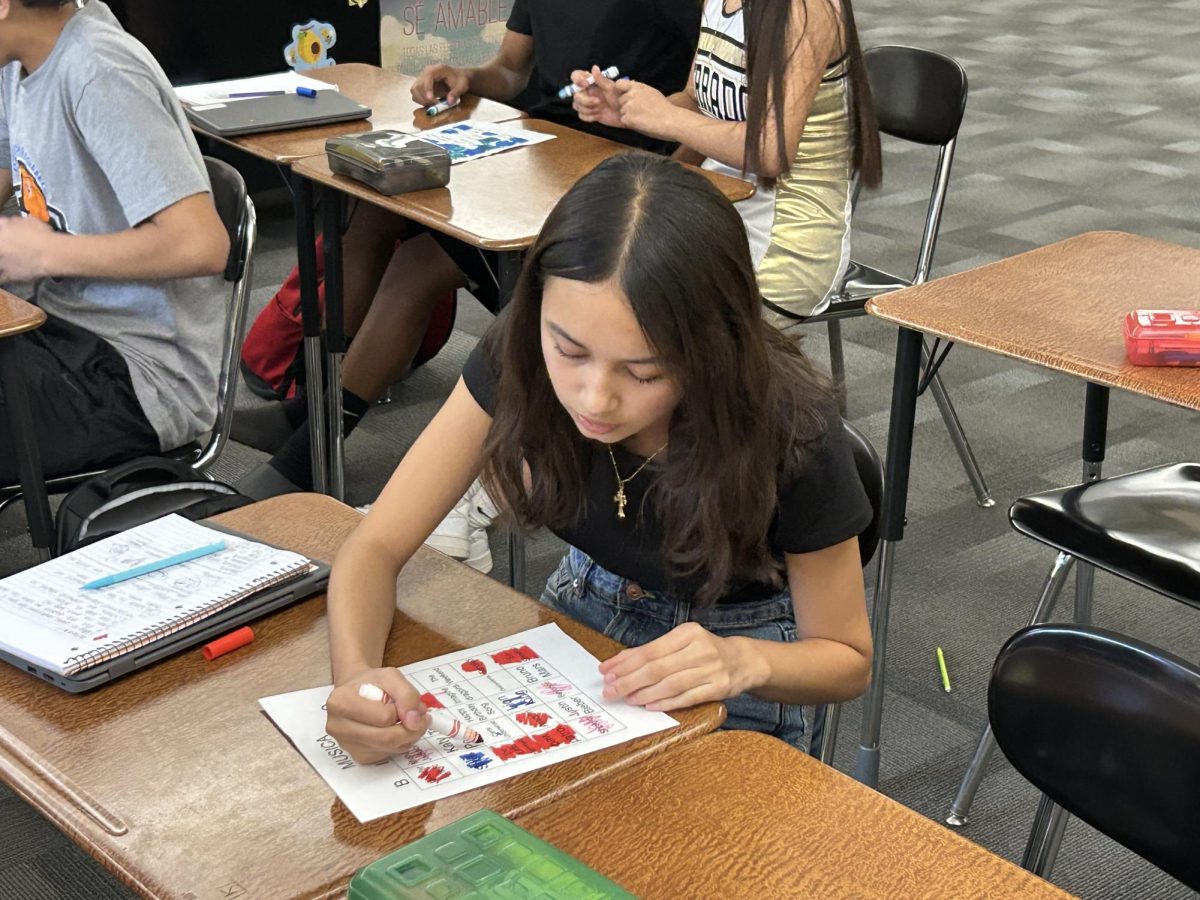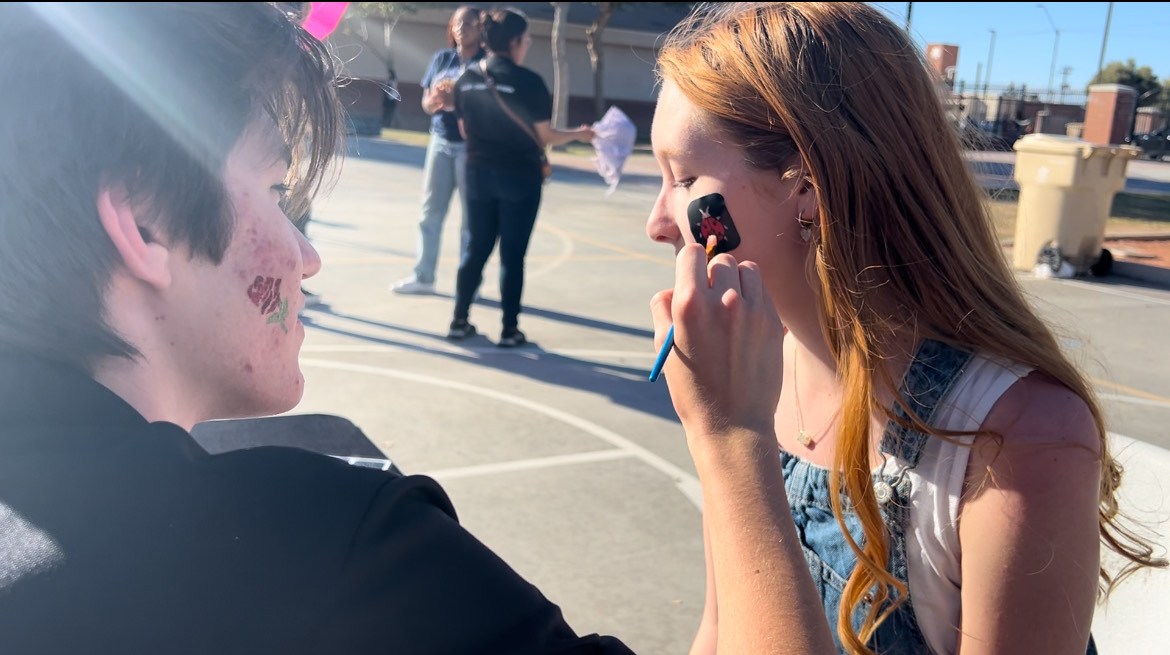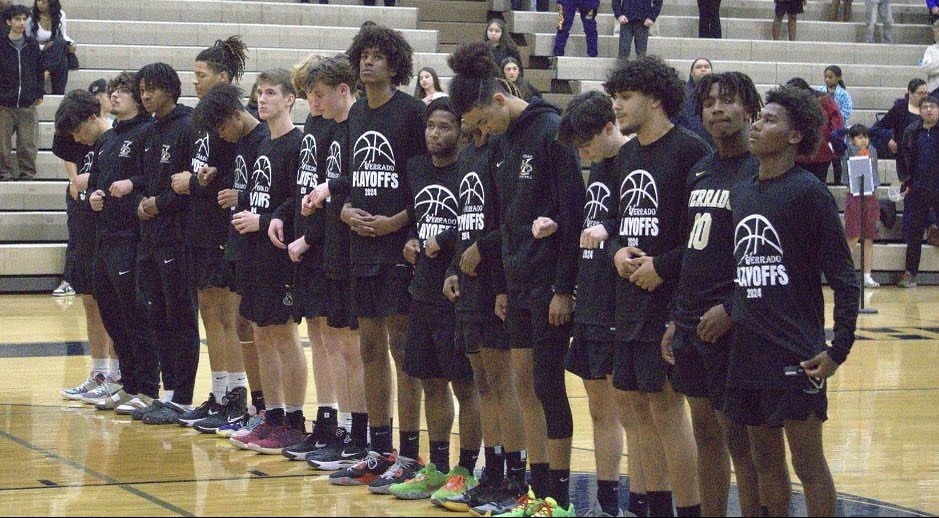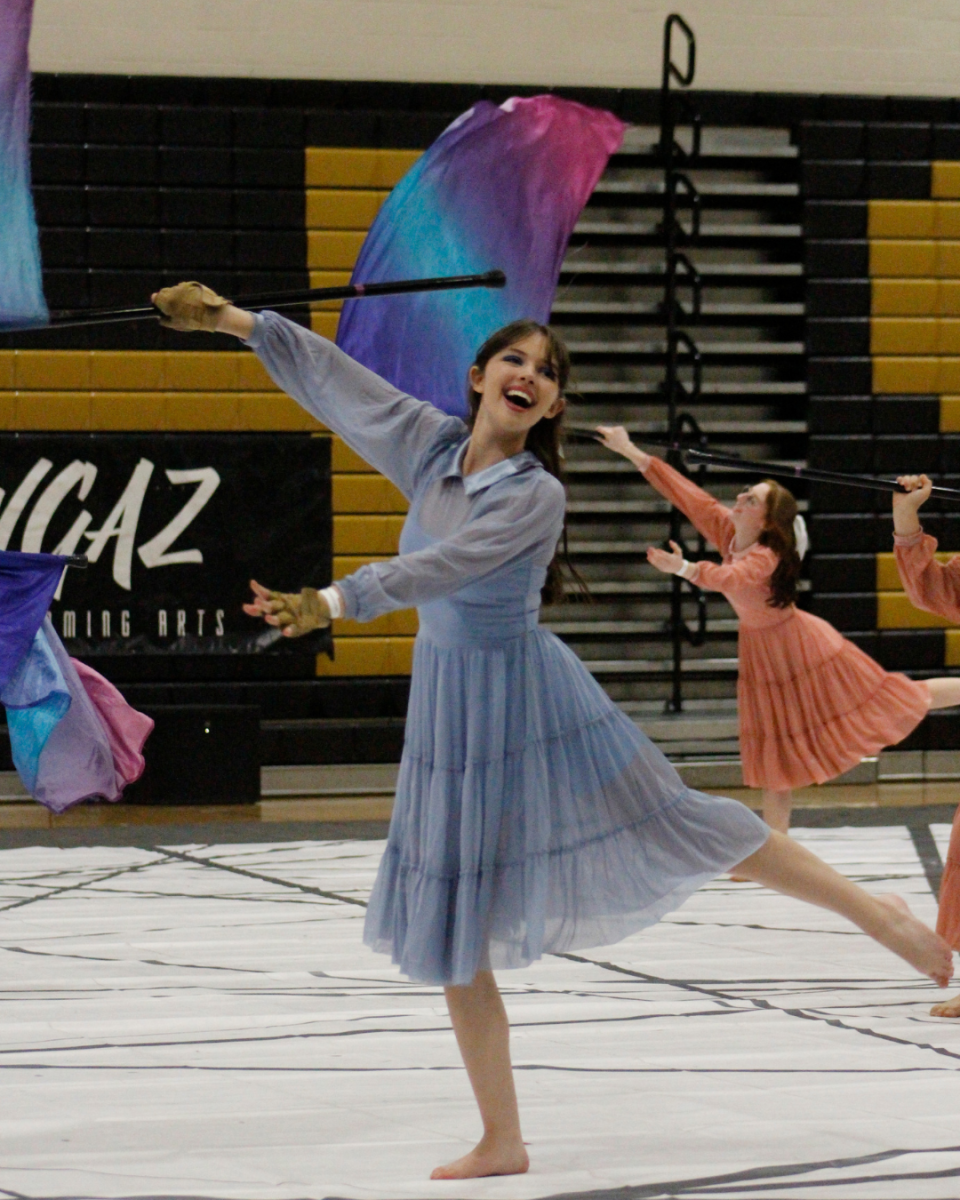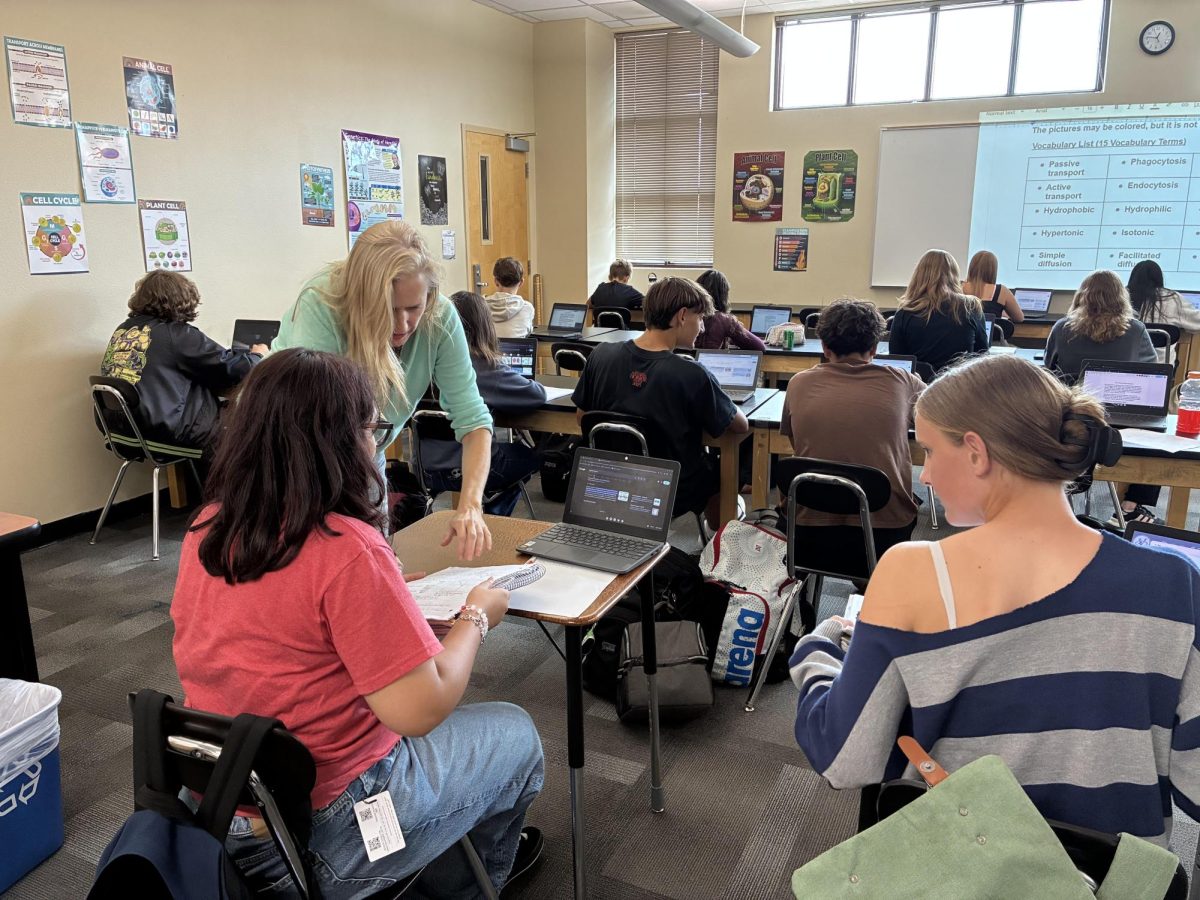Girls supporting girls is a commonly used phrase in social media or everyday life that is made to uplift girls and women, however, it doesn’t hold up well in real life.
The truth is girls and women aren’t supporting each other online or in real life. Most women experience torment at the hands of another girl at least once in their life.
According to Sabrina Booth, the student support specialist at Verrado, girls giving each other support happens “not as often as it should. When we support each other, amazing things can happen. Kindness costs nothing and means everything. We might not always agree with each other’s beliefs/actions but we should always support one another.”
Many believe it could be because of the way our society expects women to look, behave, and dress but others believe it is because many women project their insecurities onto one another.
Hannah Thude, a Junior at Verrado states “Women are taught to be hard on themselves, I remember even as a child worrying about if I fit the beauty standards, wondering if I was enough.”
This doesn’t just stop after High School, many adult women also say how they have experienced bullying from other women daily. Veronica Schepker, a counselor at Verrado High School says “The way that women treat each other carries on forever until you fix the cycle, and yes as an adult I experience it every day there are adults who never grow out of that mean girl mentality.”
On social media, there’s an online movement about being a “girls-girls”, which means being there for other girls and continuously supporting other girls, but when they turn off their phones many they still “girls girls?”
Understandably, parents are allowing their kids to engage in social media, but having young girls on the internet watch and interact with girls who may not be kind on social media or are watching what people are saying about other people, will ultimately influence what they say and do to other girls. It’s so important that we are looking up to and are influenced by the right people and girls who truly want the best for everyone
Social media apps also become a gateway for negativity and insecurity to develop. Social media apps like Instagram and TikTok both have 13+ age restrictions on their apps, but some parents allow their children to get the app at an earlier age. They have age restrictions on these apps because of the maturity and content of the app. When exposed to kids, specifically girls, it can create major issues in how they see themselves and the people around them.
Influencers are who many young girls look up to on social media as an inspiration for themselves to follow.
While influencers and celebrities are huge role models for young girls, they still show their unnecessary hatred for other women while being in the public eye. Young girls may see this online and think it is acceptable to be cruel to the girls around them.
People always seem to “know” everything about people’s personal lives, or make assumptions based on what they have seen through social media, and a major issue on social media surrounding girls is receiving unnecessary shame and criticism about the way they dress or who they date or what they decide to do with their life. This happens to regular people and many, if not most, celebrities and influencers.
The truth is it is no one’s business how many people someone dates, or how they choose to dress and present themselves. Many girls experience judgment for the way they dress older women. Instead of shaming young girls older women should show support, love, and care.
Above all else, women and girls need to stand by each other and support one another, as many struggle with similar issues but are too afraid to talk about it. Many people struggle with their insecurities and deal with the damaging beauty standards most girls are expected to abide by. Instead of tearing each other down students and teachers alike should instead support each other.


